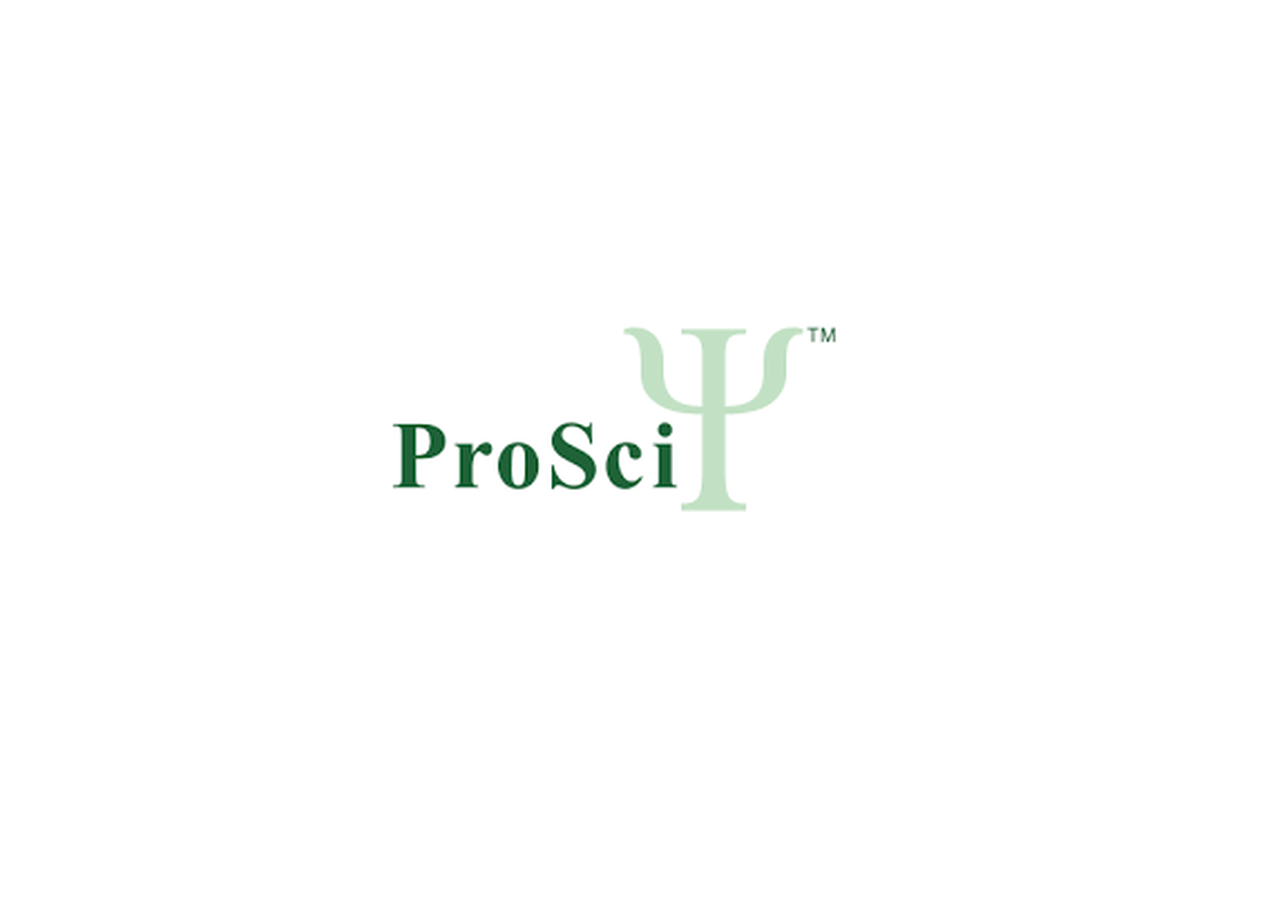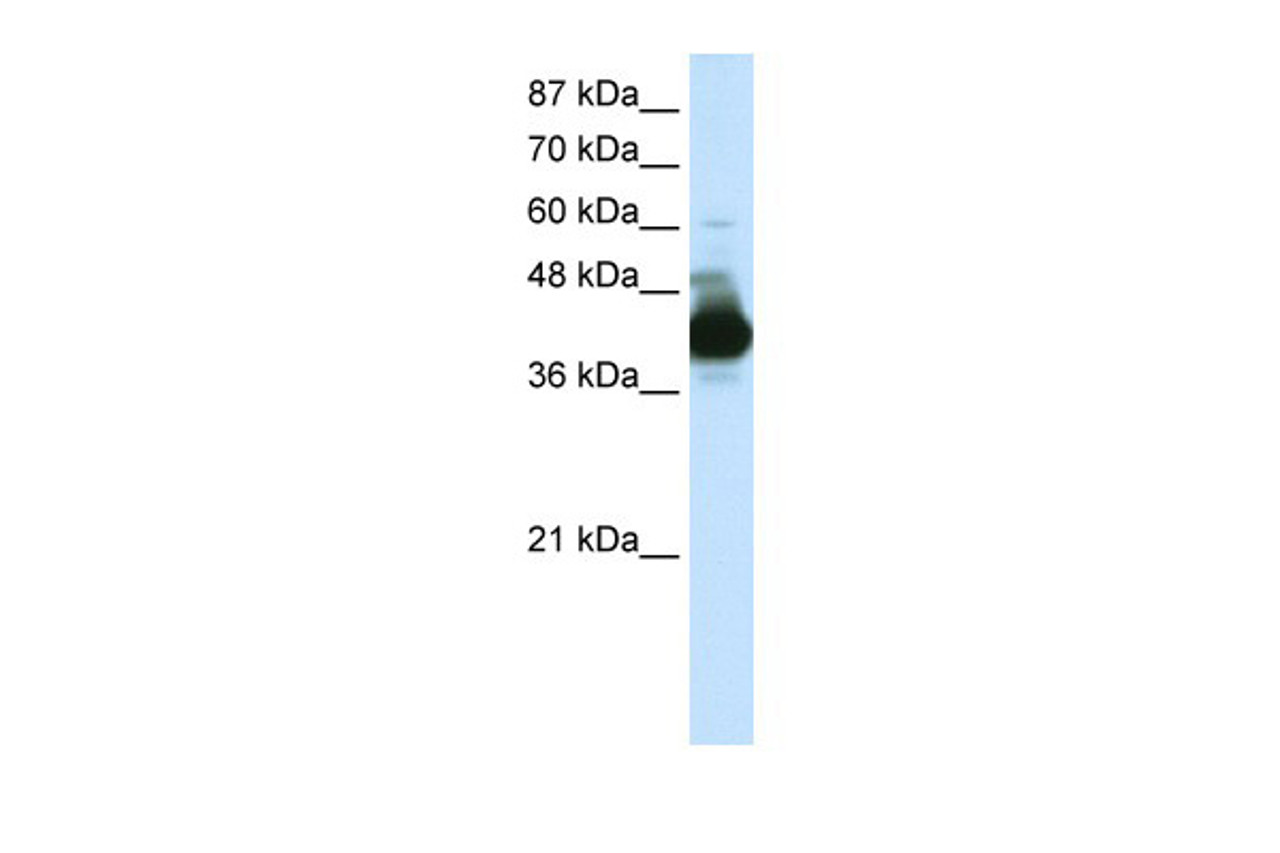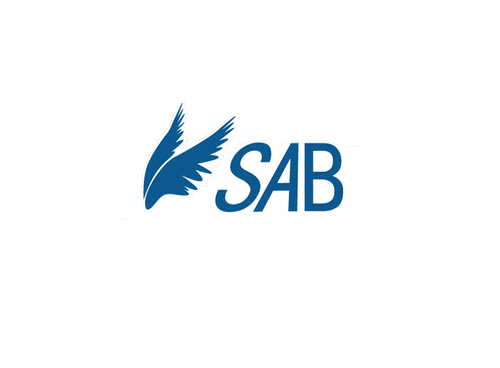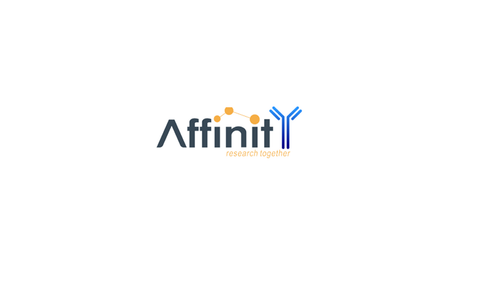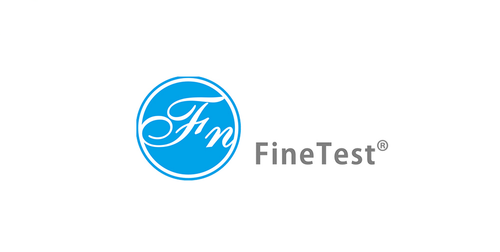Product Description
CSTF3 Antibody | 29-270 | ProSci
Host: Rabbit
Reactivity: Human, Mouse, Rat, Dog, Zebrafish
Homology: N/A
Immunogen: Antibody produced in rabbits immunized with a synthetic peptide corresponding a region of human CSTF3.
Research Area: Other
Tested Application: E, WB
Application: CSTF3 antibody can be used for detection of CSTF3 by ELISA at 1:312500. CSTF3 antibody can be used for detection of CSTF3 by western blot at 0.25 μg/mL, and HRP conjugated secondary antibody should be diluted 1:50, 000 - 100, 000.
Specificiy: N/A
Positive Control 1: Cat. No. 1205 - Jurkat Cell Lysate
Positive Control 2: N/A
Positive Control 3: N/A
Positive Control 4: N/A
Positive Control 5: N/A
Positive Control 6: N/A
Molecular Weight: 79 kDa
Validation: N/A
Isoform: N/A
Purification: Antibody is purified by peptide affinity chromatography method.
Clonality: Polyclonal
Clone: N/A
Isotype: N/A
Conjugate: Unconjugated
Physical State: Liquid
Buffer: Purified antibody supplied in 1x PBS buffer with 0.09% (w/v) sodium azide and 2% sucrose.
Concentration: batch dependent
Storage Condition: For short periods of storage (days) store at 4˚C. For longer periods of storage, store CSTF3 antibody at -20˚C. As with any antibody avoid repeat freeze-thaw cycles.
Alternate Name: CSTF3, CSTF-77
User Note: Optimal dilutions for each application to be determined by the researcher.
BACKGROUND: CSTF3 is one of three (including CSTF1 and CSTF2) cleavage stimulation factors that combine to form the cleavage stimulation factor complex (CSTF) . This complex is involved in the polyadenylation and 3' end cleavage of pre-mRNAs. The protein functions as a homodimer and interacts directly with both CSTF1 and CSTF2 in the CSTF complex.The protein encoded by this gene is one of three (including CSTF1 and CSTF2) cleavage stimulation factors that combine to form the cleavage stimulation factor complex (CSTF) . This complex is involved in the polyadenylation and 3' end cleavage of pre-mRNAs. The encoded protein functions as a homodimer and interacts directly with both CSTF1 and CSTF2 in the CSTF complex. Alternative splicing results in multiple transcript variants encoding different isoforms.
 Euro
Euro
 USD
USD
 British Pound
British Pound
 NULL
NULL

